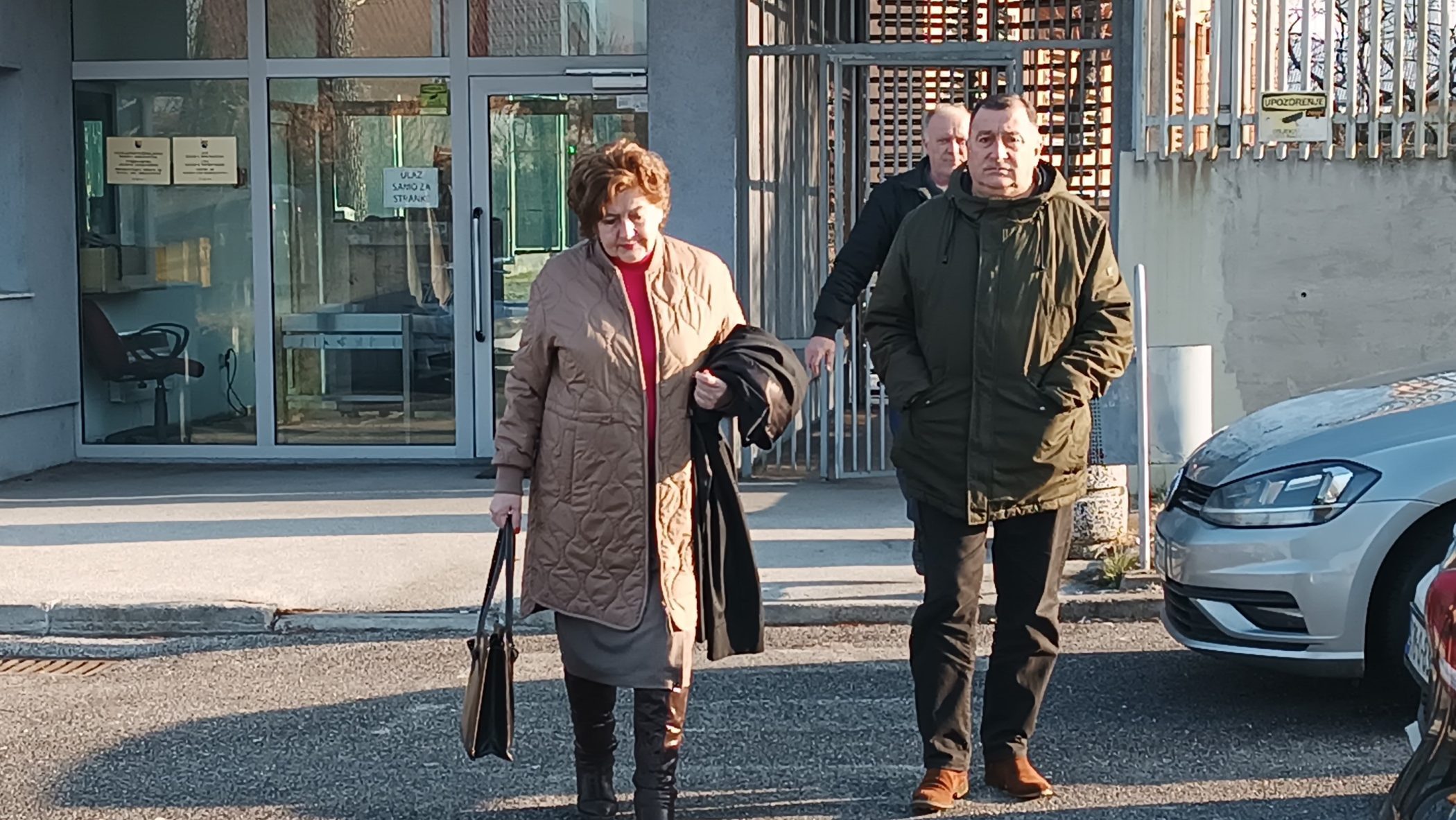This post is also available in: Bosnian
The Court of Bosnia and Herzegovina pronounced Miodrag Nikacevic guilty on all counts contained in the indictment, sentencing him, by a first-instance verdict, to eight years’ imprisonment for crimes against humanity committed in Foca in 1992.
After pronouncing the verdict the Trial Chamber said that the prohibiting measures, ordered in January this year, would remain in force. Nikacevic was therefore allowed out of custody after having spent nearly a year in detention. The prohibiting measures may last until a second-instance verdict has been pronounced. They include a ban on leaving his place of residence unless approved by the Court of Bosnia and Herzegovina, and an obligation to report to the Police Station in Foca every day.
Nikacevic, a former policeman from Foca, was sentenced by the first-instance verdict for having raped a woman in April 1992 and another woman in July 1992. He threatened the second woman by telling her that he would bring her younger brother and “let him watch what he was doing to her”.
“In the statements the two injured parties gave a detailed description of the facts contained in the indictment. Their testimonies matched the statements given by other witnesses. Considering his function, the indictee was aware of village searches, detention and rape committed in Foca. As he was the only man in the building, he used his position, knowing that he could commit rape,” Trial Chamber Chairman Davorin Jukic said.
Nikacevic was found guilty of the charges contained in the second count, which alleged that he participated in the capture of Rasim Klapuh in August 1992 and handed him over to military policemen. As determined by the Court, Klapuh was then taken to the Foca Correctional Facility, from which he later disappeared.
“The fact that the indictee handed Klapuh over to military policemen means that he assisted in committing arbitrary and unlawful detention. The indictee knew what was going on in the Facility. He knew that the man would be killed there, which means that he acted in accordance with eventual forethought,” Jukic said, explaining the verdict.
The Trial Chamber said that it took into consideration mitigating circumstances, including “the indictee’s life before the war, his behaviour in the courtroom, the fact that he is a family man and father of two small children.”
“The fact that the indictee helped Bosniaks during the course of the war, by hiding his neighbours in his apartment and helping some of them leave Foca, was taken into consideration as a special mitigating circumstance. It was due to this fact that the Court decided to reduce the minimal sentence for crimes against humanity from ten years to eight years in this case,” Jukic said.




